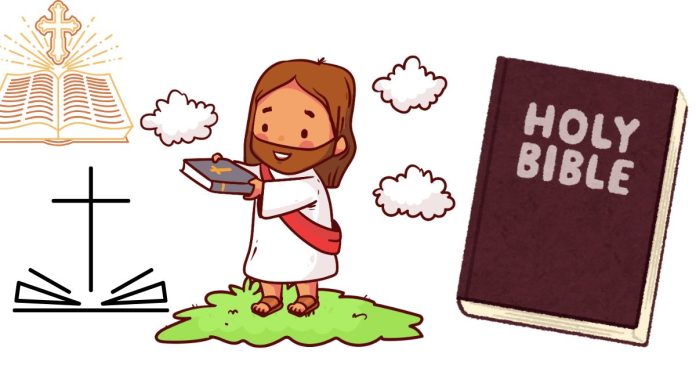The Bible is a collection of ancient texts written in diverse cultural and historical contexts, and it includes verses that can seem harsh, troubling, or even “horrible” by modern ethical standards. Many such passages reflect the values, norms, and struggles of the time when they were written. Below are some examples of verses that have sparked debate, controversy, or discomfort, grouped by themes often discussed in this context:
1. Violence and Warfare
The Bible contains accounts of war and violence, sometimes depicted as commanded by God:
- Deuteronomy 20:16-17: “However, in the cities of the nations the Lord your God is giving you as an inheritance, do not leave alive anything that breathes. Completely destroy them—the Hittites, Amorites, Canaanites, Perizzites, Hivites, and Jebusites—as the Lord your God has commanded you.”
- 1 Samuel 15:3: “Now go and strike Amalek and devote to destruction all that they have. Do not spare them, but kill both man and woman, child and infant, ox and sheep, camel and donkey.”
2. Slavery
Some verses regulate slavery rather than condemning it outright, which has led to criticism:
- Exodus 21:20-21: “If a man beats his male or female slave with a rod and the slave dies as a direct result, he must be punished, but he is not to be punished if the slave gets up after a day or two, since the slave is his property.”
- Leviticus 25:44-46: “Your male and female slaves are to come from the nations around you; from them you may buy slaves. You may also buy some of the temporary residents living among you and members of their clans born in your country, and they will become your property.”
3. Treatment of Women
Certain passages describe women in ways that can seem demeaning or unjust:
- Deuteronomy 22:28-29: “If a man meets a virgin who is not betrothed, and seizes her and lies with her, and they are found, then the man who lay with her shall give to the father of the young woman fifty shekels of silver, and she shall be his wife, because he has violated her.”
- 1 Timothy 2:12: “I do not permit a woman to teach or to assume authority over a man; she must be quiet.”
4. Punishment and Justice
Some laws or punishments in the Bible appear extreme or unjust by modern standards:
- Leviticus 20:13: “If a man has sexual relations with a man as one does with a woman, both of them have done what is detestable. They are to be put to death; their blood will be on their own heads.”
- Numbers 31:17-18: “Now kill all the boys. And kill every woman who has slept with a man, but save for yourselves every girl who has never slept with a man.”
5. Eternal Punishment
The concept of eternal suffering in hell is another area of discomfort for many:
- Revelation 20:10: “And the devil who deceived them was thrown into the lake of burning sulfur, where the beast and the false prophet had been thrown. They will be tormented day and night for ever and ever.”
- Matthew 25:46: “Then they will go away to eternal punishment, but the righteous to eternal life.”
Contextualizing These Passages
It’s important to note that:
- Historical Context: Many verses reflect the norms and practices of the societies in which they were written. They are not necessarily endorsements of those practices but descriptions of a specific time and culture.
- Interpretation: Different religious traditions interpret these verses in varying ways—some see them as literal, others as allegorical or bound to their time.
- Ethical Evolution: Religious communities often emphasize broader moral themes like love, compassion, and justice, reinterpreting or downplaying troubling passages.


